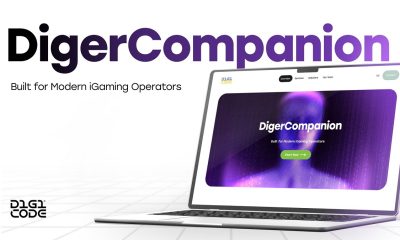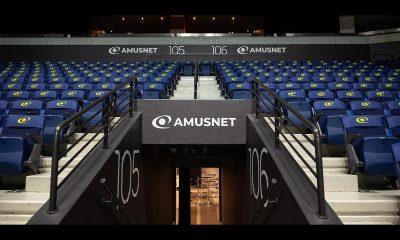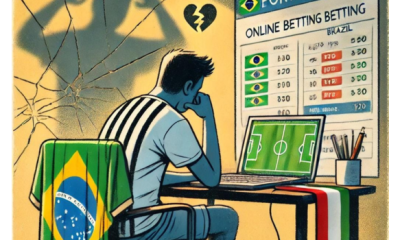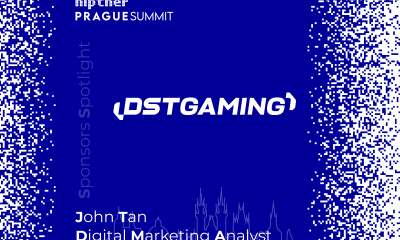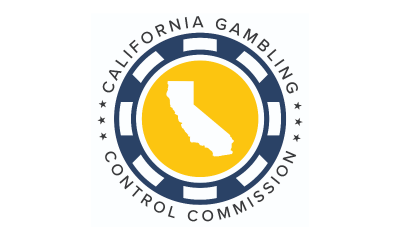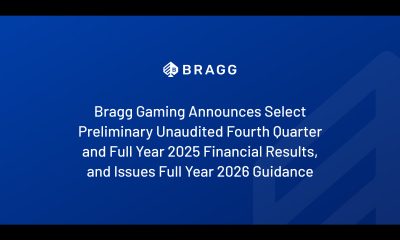Latest News
How Parimatch Use Data-Driven Approaches to Launch Experimental Betting Projects

Parimatch is changing the betting industry, and data is the key to these changes. Together with Head of BI and Analytics Parimatch Anna Gayvoronskaya, we’ll tell you how we applied data-driven approaches to launch the session game Footboss — a new gamified way to involve customers in the betting world.
Parimatch Betting Experiment: game Footboss
Footboss is a simple soccer-themed IDLE RPG game integrated into the Parimatch app: the player doesn’t need to register anywhere else if he already has an account in the system.
Games are designed for relaxation and chilled-out gameplay — conventionally, there are 5 minutes for which you can manage to go through a couple of bosses, acquire new skills and get prizes. Among the awards were Samsung Galaxy Note 10, iPhone 11 Pro Max, MacBook Air 13″, Sony PS4, iPad Air 10.5″, and other branded gifts from Parimatch.
Parimatch natively integrated betting into the game: the player could place a couple of bets and speed up the progress, but this was completely unnecessary.
How Footboos Engaged Players
The global goal of Footboss is to refresh the world of betting: the game was conceived as an alternative to the boring campaigns and promotional offers for Euro 2020. In addition to focusing on high odds, bonuses, and competitions in marginality, the goal was to give players variety and new emotions.
Thanks to Footboss, the player returned to Parimatch not only because he wanted to place a bet or check the odds but to take a break, win a few fights and get a prize in a process. The game developers specially made it session-based so players would not get stuck in it for hours and returned to their business after a couple of boss fights.
Footboss’s main gaming adventure is to free ten soccer stadiums from the giant invaders. The game’s key character is the Coach, whose task is to prepare his players for effective penalties and non-standard decisions day after day.
At first glance, the game seems simple, but with each new level, the player discovers many directions to deepen and develop their characters. Thanks to the random distribution of awards and achievements, the journey became unexpected: different things, tasks, heroes always dropped out. And then there’s the added interest of loot boxes: a kind of “kinder-surprise for adults.”
Ways to Use Data-Driven Approaches
Nowadays, in business, not enough to be guided by feelings or intuition. We must base global steps on data and analytics because analytics answers the question, “what can we do to make this product better?”
Before the launch of Footboss, a BI team completed the game’s mathematical model, which was the basis for the player’s interactions with Parimatch products. Also, data specialists developed a mathematical system for the equiprobable drop of prizes, according to which the player could get a prize regardless of how much money he spent on the game.
*quote*
Placing some bets could speed up the game’s passage, but this does not affect the dropout of prizes.
The compilation of models and comparison with the bases of active players of Parimatch helped to attract the number of players to Footboss, calculate the possible increase in GGR and the costs of the project.
For developers, data analytics prepared dashboards of the game progress, the number of participants, and their activity.
We frequently analyzed players’ engagement during the promotion period and made updates based on this data, for example, extra-levels or new characters.
We carried out the work with data at all stages of the project, including calculating the retrospective results. Here’s the data we’ve collected for future versions of the game:
- the number of players
- player engagement rate
- number of fights
- number of completed quests
- the average and the maximum duration of a gaming session
- number of open loot boxes
- game speed run
- the number of registrations on the site and application
- conversion of landing pages
- email open rate
- costs of prizes per active player
- the financial result of an experiment
Data to Highlight the Pandemic Damage
It’s hard to describe 2020 projects without mentioning the pandemic impact. The crisis and quarantine dealt heavy damage to the entire market, and the Footboss campaign was no exception. Everything went wrong: change of concept due to the cancellation of Euro 2020, anti-crisis measures in the company, limiting the launch of the game to 1 region out of 7 planned.
We calculated not only positive results but also what we received less due to the pandemic and crisis:
- loss of audience and GGR due to the cancellation of Euro 2020
- losses due to launch in only one region of the brand’s presence
- losses due to out of sync with the marketing campaign
- losses from the lack of integration of other company’s entertainment
Data-Driven Approaches for Future Experiments
The fundamentals of data-driven approaches lie in that data can be collected not only for retrospective activities but also throughout the entire process. You can build mathematical models at the beginning of the experiment, compare them with real performance, make adjustments, and achieve a positive effect for the business.
If earlier everyone in betting analyzed only the results of campaigns, now the data is used at all stages. We plan and build the mathematical models, make adjustments based on the results we obtained, and then we conduct a retrospective for future projects. Working with data has now become a continuous process from post facto analysis of results.
For Footboss data-driven, the approaches helped to calculate the number of potential players, the profit from their attraction, and the losses caused by the pandemic.
The first launch of Footboss opened the door to a new approach to attracting players to the world of betting. As CPO Parimatch Sergey Berezhnoy said: “We have built a stadium where we held the first championship.”
So new adventures await the players, and we are developing new quests and game levels — and all game activities will improve thanks to the data from previous versions of the project.
Powered by WPeMatico
Damjan Stamenkovic
Expanse Studios Announces Strategic Partnership with ESA Gaming
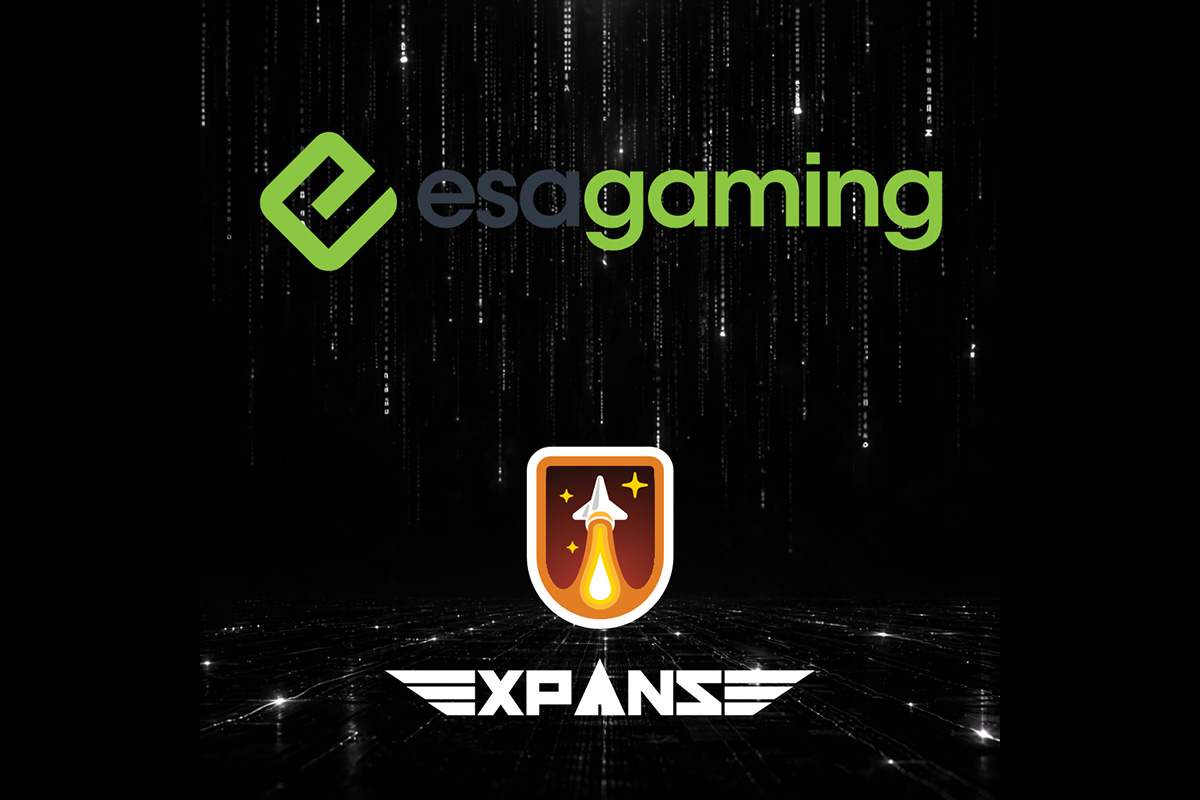
Expanse Studios, a leading B2B iGaming content provider and subsidiary of Golden Matrix Group Inc. announced a strategic partnership with ESA Gaming, an established European aggregation platform specialising in mobile-first gaming content and multi-jurisdictional distribution.
The partnership marks a significant milestone in Expanse Studios’ European expansion and strengthens Golden Matrix Group’s broader B2B distribution objectives. The agreement positions Expanse’s proprietary content across ESA Gaming’s operator network.
ESA Gaming operates a comprehensive Game Aggregator System (GAS) serving over 90 content providers across multiple European markets, with established certifications in Malta, Italy, Portugal, Greece, Colombia and Brazil. The platform maintains a Malta Gaming Authority B2B license (MGA/B2B/650/2018) and specialises in content delivery through a single technical integration as well as custom content through its OpenSlots “no code” game builder.
“ESA Gaming represents an established European aggregator with proven multi-jurisdictional capabilities and strong operator relationships across our priority markets. This partnership provides immediate Malta market access while establishing the technical and regulatory framework for more EU market entries. Our focus remains on building systematic European distribution through partnerships with aggregators and operators demonstrating regional expertise and regulatory compliance capabilities,” said Damjan Stamenkovic, CEO of Expanse Studios.
For Expanse Studios, the partnership with ESA Gaming creates multi-jurisdictional distribution infrastructure across Southern Europe’s most significant regulated markets. ESA Gaming’s top-performing markets—Italy, Portugal, Greece and Brazil—align strategically with Expanse’s priority expansion territories, where regulatory frameworks support sustainable B2B operations and certified content providers maintain competitive advantages.
The post Expanse Studios Announces Strategic Partnership with ESA Gaming appeared first on Eastern European Gaming | Global iGaming & Tech Intelligence Hub.
Latest News
MiFinity Launches Premium Loyalty Programme “MiRewards”
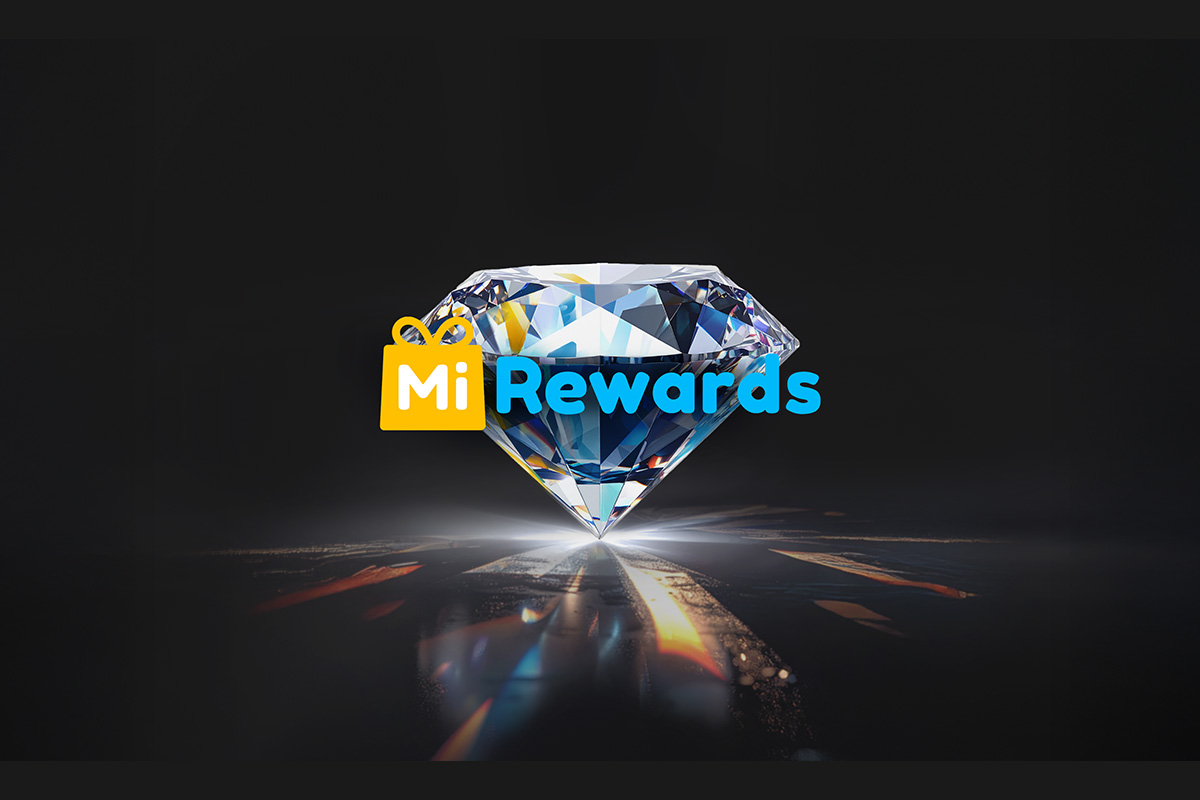
MiFinity, the award-winning global payments provider, has launched MiRewards, a premium loyalty programme designed to celebrate and reward its customers. Seamlessly integrated into the MiFinity eWallet, MiRewards transforms everyday payments, top-ups and withdrawals into MiPoints that can be redeemed in-account for cash credits and other exclusive rewards.
Free to join and effortless to use, the programme recognises long-term engagement through four distinctive tiers: Classic, Exclusive, Signature and Elite – with Signature and Elite created especially for MiFinity’s VIP customers, offering enhanced earning rates, dedicated support and exclusive invitations.
Built entirely in-house and free of any third-party software or plugins, MiRewards gives MiFinity complete control over programme design, security and future innovation – from granular earn rules to partner integrations and country-specific experiences. The result is a flexible, data-driven programme designed to deepen engagement, improve retention and add tangible value for customers and merchants across MiFinity’s supported verticals.
Paul Kavanagh, CEO of MiFinity, said: “MiRewards is the next step in MiFinity’s product evolution – a simple, transparent way to give back to customers for the transactions they already make. It reflects our ongoing commitment to rewarding loyalty and strengthening long-term relationships with our customers. Because we built the MiRewards platform ourselves, we have the freedom to keep improving it; from expanding partner offers to introducing new benefits that deepen engagement and enhance retention.”
MiRewards goes beyond traditional loyalty models by rewarding both everyday activity and key milestones. Customers earn MiPoints automatically on eligible transactions and can also collect bonus points for completing actions such as their first deposit, KYC verification, IBAN setup or card verification. This gamified approach makes the experience more interactive and rewarding, giving customers multiple ways to grow their points balance and unlock higher tiers faster.
Key Highlights:
• Always-on earning – Earn MiPoints on eligible eWallet activity automatically.
• Simple redemption – Redeem MiPoints for cash credits in a few taps, with more benefits being added over time.
• Scaled rewards – Higher tiers unlock boosted earn rates and VIP-style perks.
• Bonus opportunities – Collect extra MiPoints for completing key actions, encouraging engagement and gamification.
• Future-ready – In-house platform enables rapid iteration, partner rewards and market-specific experiences.
MiRewards enhances the overall MiFinity experience by giving customers more reasons to engage with the platform and enjoy tangible rewards for their everyday activity. For merchants and partners, that means stronger customer satisfaction, deeper trust and greater loyalty; all within a seamless, secure payment ecosystem that adds value without adding friction.
“Launching MiRewards marks an exciting milestone for MiFinity, but it’s far from the finish line. We have an ambitious roadmap of new features and partnerships ahead that will keep adding value for customers and partners worldwide,” said Paul Kavanagh, CEO of MiFinity.
The post MiFinity Launches Premium Loyalty Programme “MiRewards” appeared first on Eastern European Gaming | Global iGaming & Tech Intelligence Hub.
capital structure
Gentoo Media Secures EUR 18 Million Shareholder Loan Facility and Provides an Update on the Refinancing Process
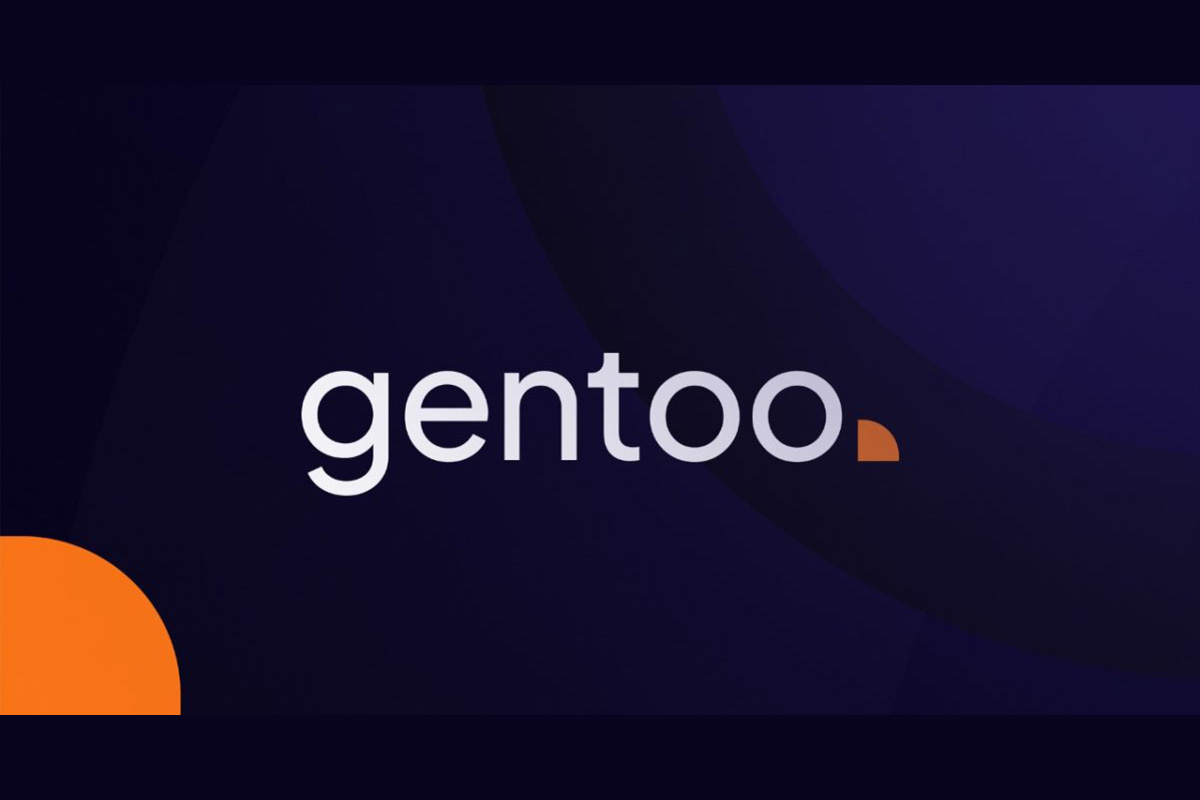
Gentoo Media announced the largest shareholders have provided a committed loan facility of EUR 18 million to the Company as part of its ongoing efforts to optimise the Group’s capital structure and enhance financial flexibility. The term sheet has been signed on 26 February 2026.
The purpose of the loan is to reduce the outstanding amount under the Company’s existing revolving credit facility (RCF) to EUR 0 million.
The terms and conditions:
• A EUR 16 million pari passu facility (Maturing 31 December 2027), carrying interest terms in line with the Company’s existing bond terms and ranking pari passu with the Company’s existing bondholders and RCF provider, covenants will be similar to existing bond terms with the expectations to bring the facility down to EUR 14 million by the end of July, and
• A EUR 2 million unsecured facility (Maturing 30 April 2027), carrying interest on terms corresponding to the existing bond terms plus 3% and no covenants requirements.
The company expects the repayment of the current RCF to take place in early March after legal documents has been finalised and signed by all parties.
Management and the Board of Directors consider this solution to be an attractive and supportive financing arrangement that underlines the continued commitment from the Company’s largest shareholders which supports long-term value creation for Gentoo Media.
Bond refinancing
Following an evaluation of market conditions and the terms indicated by investors, Gentoo Media has decided not to proceed with the contemplated bond refinancing at this time. The Company will continue to assess various refinancing alternatives and other measures to address the upcoming bond maturities.
The post Gentoo Media Secures EUR 18 Million Shareholder Loan Facility and Provides an Update on the Refinancing Process appeared first on Eastern European Gaming | Global iGaming & Tech Intelligence Hub.
-

 Baltics7 days ago
Baltics7 days agoHIPTHER Baltics Launches in Vilnius with Agenda Revealing Lithuania’s 2026 Regulatory Reset
-

 AI-Powered Compliance and Player Support7 days ago
AI-Powered Compliance and Player Support7 days agoDigerCompanion — Digicode’s AI Solution for Compliance and Player Support in Regulated iGaming
-

 Amusnet7 days ago
Amusnet7 days agoAmusnet Enters into Strategic Partnership with Twinsbet Arena in Vilnius, Lithuania
-

 BIS SIGMA7 days ago
BIS SIGMA7 days agoBrazil between expansion and fiscal pressure
-

 Central Europe6 days ago
Central Europe6 days agoPowering the Next Generation of Online Casinos: Inside DSTGAMING’s Scalable iGaming Ecosystem
-

 Bagley-Keene Act5 days ago
Bagley-Keene Act5 days agoCalifornia Gambling Control Commission Issues Critical Guidance on Stakeholder Communications and Ex Parte Rules
-

 BIS SIGMA7 days ago
BIS SIGMA7 days agoBrasil entre la expansión y la presión fiscal
-

 Adjusted EBITDA5 days ago
Adjusted EBITDA5 days agoBragg Gaming Announces Select Preliminary Unaudited Fourth Quarter and Full Year 2025 Financial Results, and Issues Full Year 2026 Guidance






